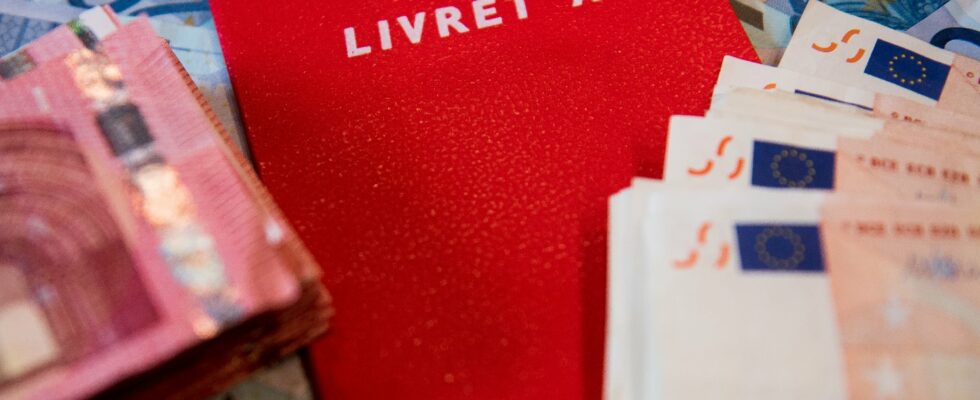Since February 1, the remuneration rate of booklet A and the sustainable and solidarity development book has increased from 3 to 2.4 %. A decline linked to the drop in guiding rates of the European Central Bank and that of inflation. These two indicators being called upon to continue withdraw in the coming months, the rate of booklets should still bend during the year. Bad news while these two supports were a full -year card last year, with a cumulative collection of 21.4 billion euros, to reach a total savings of 603 billion euros.
A shortfall?
It didn’t take more to arouse the lust of many actors in the world of investments. According to them, there is too much money accumulated on these savings products, leading to a considerable shortfall for savers choosing security. The reality is a little more nuanced. Admittedly, more than 4 out of 5 French people hold a booklet A and more than 26 million of them have a LDDS, reminds us of the circle of savings. But the average outstanding remains limited to it: 7,077 euros for the first and 5,800 euros for the second, according to the Banque de France (at the end of 2023). A third of booklets A in circulation contain 150 euros at most. Figures that are not excessive while the usual recommendation of wealth professionals consists in immobilizing the equivalent of six months of precautionary savings income. For some profiles (self-employed, temporary workers, etc.), as far as possible, it is better to go a little beyond to compensate for the lack of visibility on the money.
Another element to take into account: the net gain of tax offered by these products last year. At 3 %, he has beat many competitors, the vast majority of funds in euros, most real estate funds and even certain bond supports. There is therefore no urgency to take out its capital. But the averages hide exceptions. Thus, 13 % of booklet A holders are on the ceiling or beyond, as well as 28 % of LDDS subscribers. In addition, 751 billion euros are stored in current accounts, with a high concentration on the most supplied accounts and without any form of remuneration. If you accumulate an excess of liquid savings on these three supports, then it may be time to look at your heritage goals to reallocate part of your savings on longer-term investments. Without giving in to the sirens of investment merchants.
